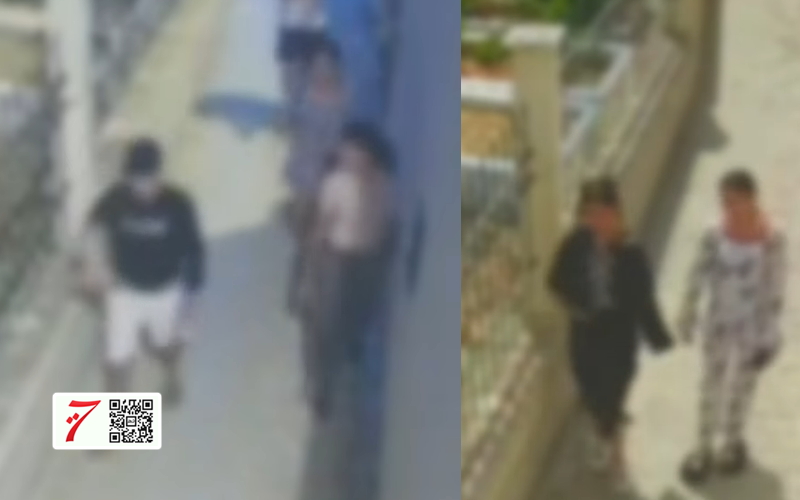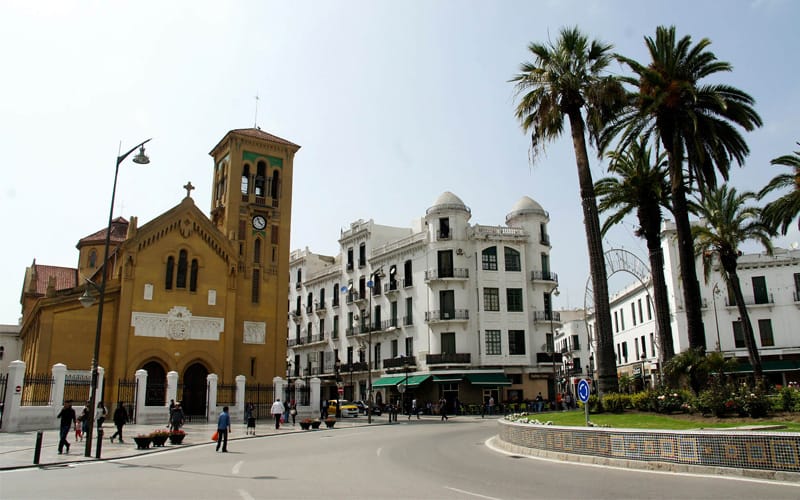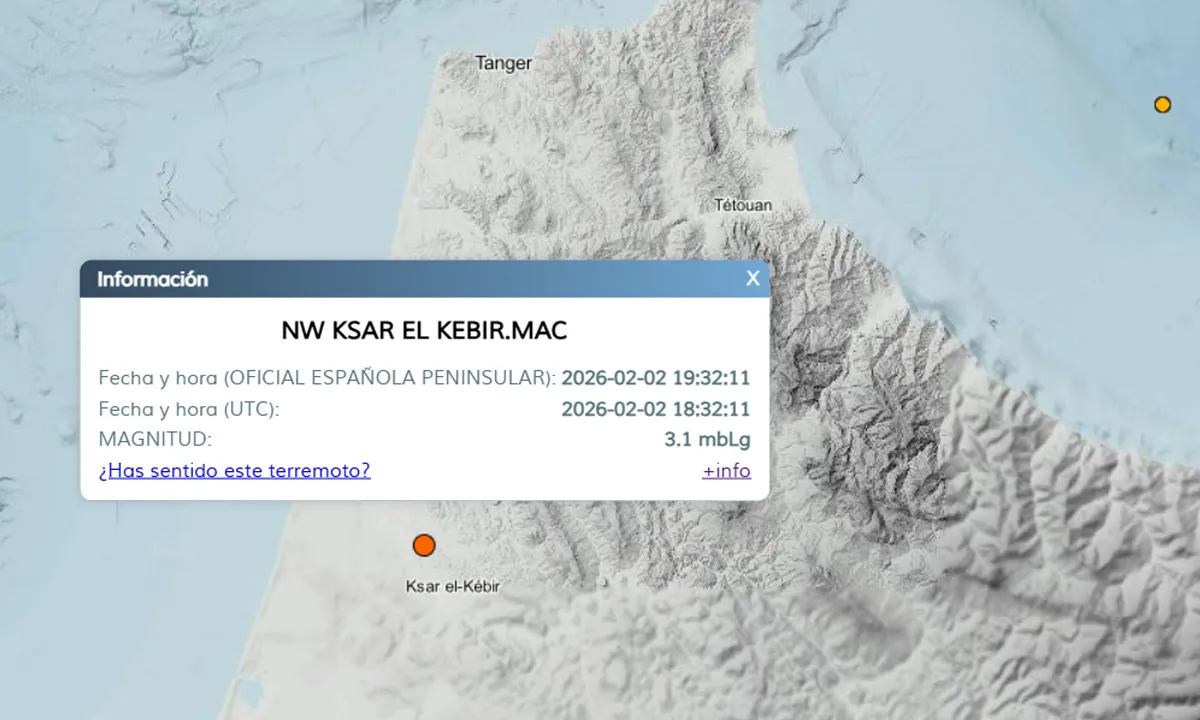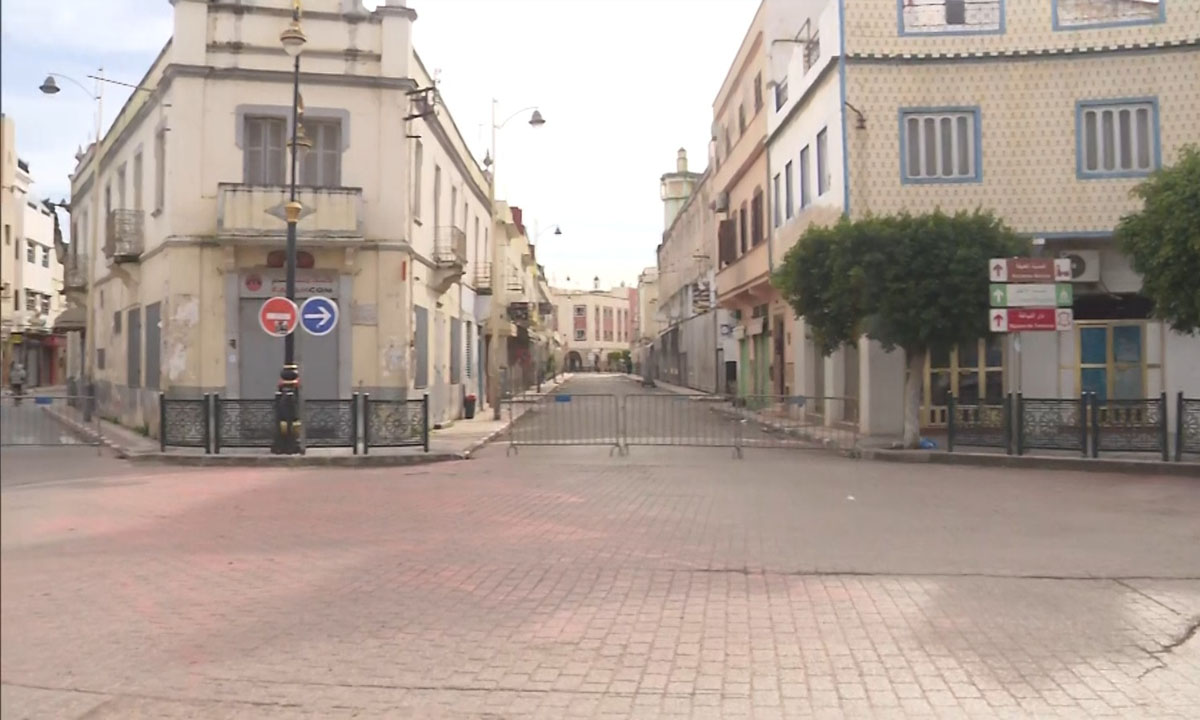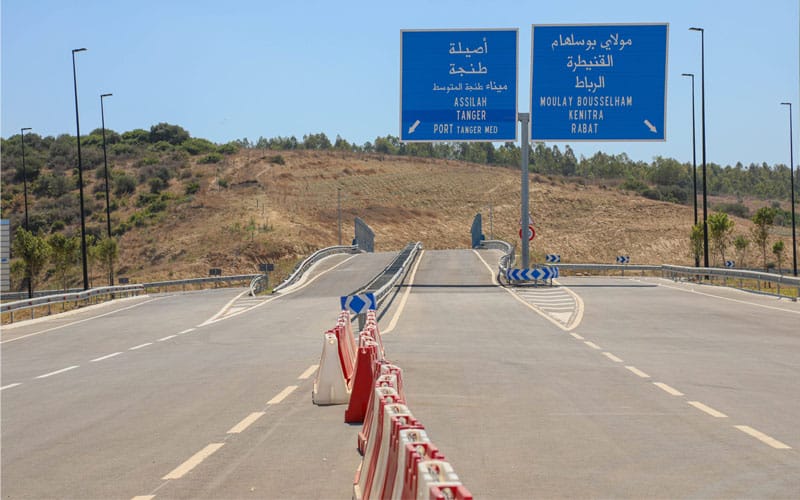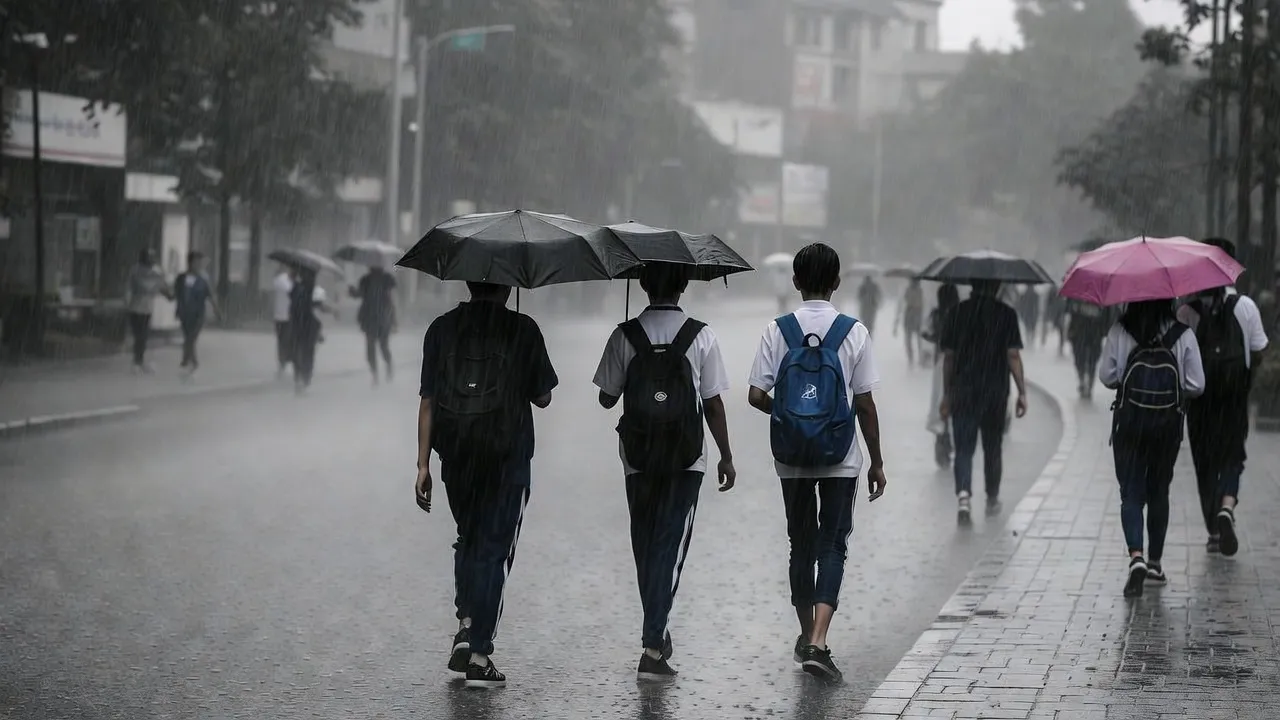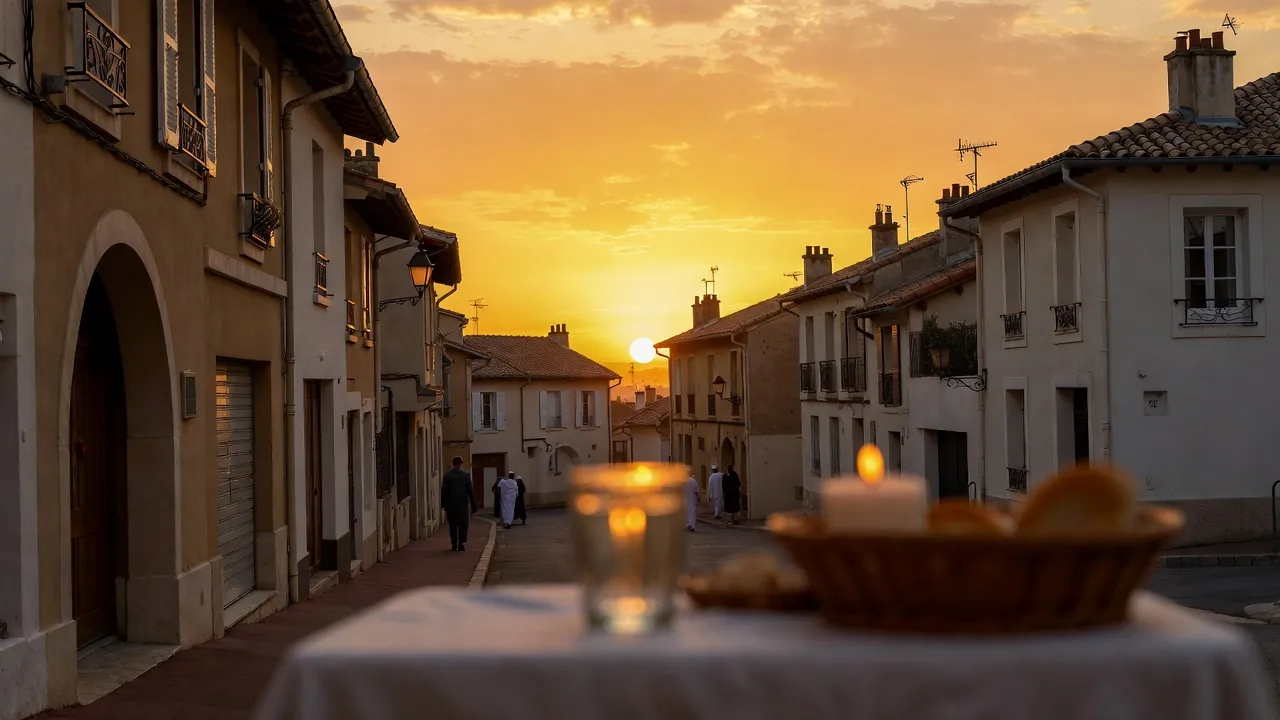Two girls vandalized a surveillance camera in a neighborhood of Magouga, near Tangier, claiming it was used to defame them by recording their interactions with young men and other disturbing activities.
The owner of the surveillance camera reported that it was installed on his property, adjacent to the Lalla Saida cemetery, to monitor private property without posing a threat to anyone. However, the two girls perceived the neighborhood’s cameras as a danger that could expose them due to their troubling behavior.
The girls filed complaints with the authorities against residents, alleging they had been filmed without consent, before individually breaking the camera.
In response to this situation, the camera owner has called on local authorities to intervene and find a solution to prevent unethical practices threatening the neighborhood and to protect their property. He also seeks to ensure legal protections for all parties involved.
Surveillance Cameras in Morocco
Current legislation in Morocco permits the installation of surveillance cameras for personal security, but with strict limitations, especially regarding filming streets or public spaces, to protect privacy rights.
The key legal framework is Law No. 09-08 concerning the protection of individuals regarding the processing of personal data (enacted in 2009), which considers image recording as “processing personal data.” Additionally, Article 24 of the Moroccan Constitution guarantees the protection of private life.
Installation Conditions
- Inside homes: Allowed without permission as long as it is confined to the owner’s private space.
- Exterior surroundings: Permitted if limited to private property, but must notify the CNDP if it extends to public spaces (e.g., streets).
- Filming streets: Prohibited without prior authorization from the CNDP, as public spaces are protected. Permitted only in specific locations like malls or large stores with public notification (clear signage).
- Mobile or zoom cameras: Require CNDP approval, especially if directed towards private areas (neighbor’s windows, rooms).
- Storage and publication: Recordings must be kept for a limited time (usually 30 days), and publication is forbidden without judicial permission.
- In residential buildings: Requires the approval of the residents’ general assembly, and courts can halt it if violations are proven.
For updates, follow Tanja7 on Facebook, Instagram, X, and on the Nabd app.




